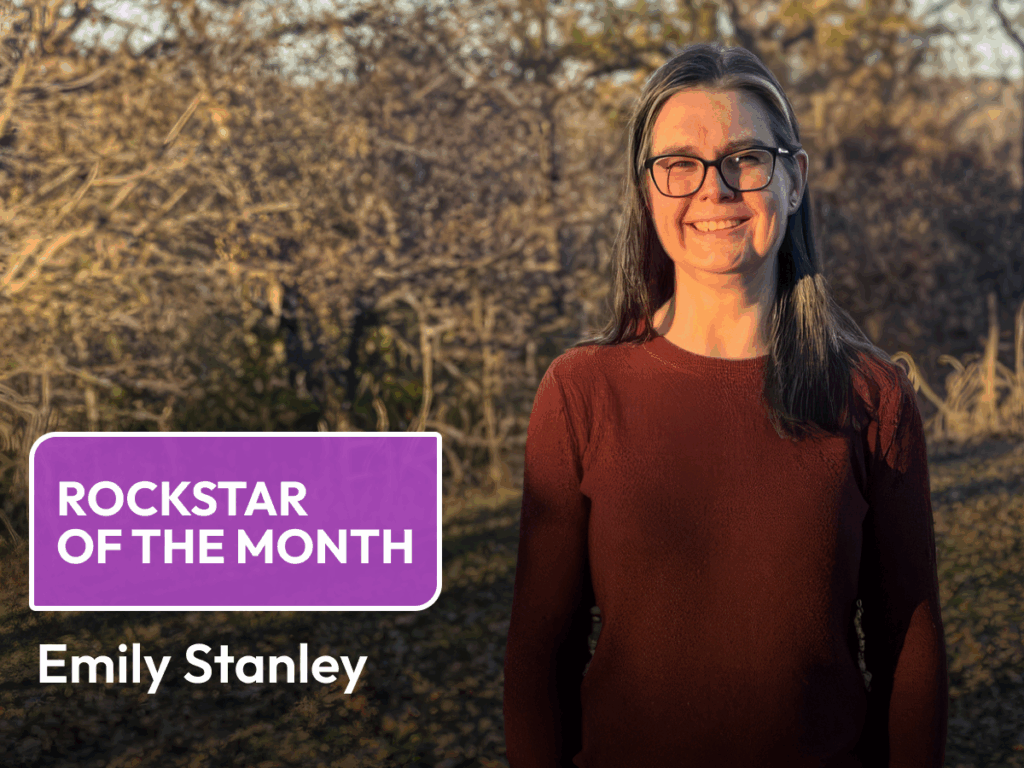Intermittent fasting (IMF or IF) has been popularized by books, articles, and success stories in recent years. It’s received buzz as a key practice that just might help you reach your health goals. Are you wondering if this buzz is warranted? Good, you’ve come to the right place.
IMF is not technically a diet at all but better described as an eating pattern. There is no guidance on what to eat, only when. Timing is everything. Ultimately, this eating pattern is a concept, or an umbrella, under which a few common methods or practices exist.
Methods of Fasting
One method of fasting is called Alternate Day Fasting, also known as the 5:2 method. This entails eating about 500-600 calories per day, 2-3 days per week, on alternate days, though calorie goal can vary depending on your metabolic profile. Those other days you aim to eat the amount of calories you burn at rest, known as your resting energy expenditure. The calorie deficit comes from the “fasting” days. Studies have shown this method to have a higher dropout rate than other methods.
Another method is called time-restricted eating, or the 16:8 method. In this practice, participants have 8 hour eating windows which are curtailed by 16 hour fasting windows. In this method, it’s best to begin the 16 hour fast as early as possible in the evening as metabolism is optimized in the morning. For example, eating from 7a-3p may be ideal but it would require pushing dinner up earlier and fasting through the evening. Evidence points to this being the most effective as eating is aligned with the body’s circadian rhythm. The potential issue here is obvious. It may not be feasible to skip family dinner. Many begin the eating window mid-morning and while this achieves the fasting window, it may not be as effective. Ultimately, time-restricted eating could be tailored to what works best for you. A 12:12 or 20:4 schedule are other potential approaches to this method.
What Does the Science Say?
The short answer here is that fasting has not been consistently proven to be more effective at eliciting weight loss than calorie restriction alone. Ultimately, it is only a strategy to help reduce calorie intake. Whether it helps to achieve this or not depends on if it works for you. With that being said, studies have shown some physiological benefits from fasting, independent of weight loss. Namely, improved levels of insulin sensitivity. This is very encouraging for those with diabetes and for those who have trouble managing their blood glucose levels. This beneficial effect on blood sugar levels was shown to be independent of weight loss.
Furthermore, some evidence exists suggesting that time-restricted eating paired with a caloric deficit helps to preserve lean body mass and target fat in weight loss (compared to calorie restriction alone), but more research is warranted. Fasting has also been shown to improve cellular repair in the body.
All the positives of fasting aside, it should be highlighted that the practice may not work for everyone. Adverse reactions such as headache, nausea, and irritability are possible side effects, though they may subside after the body adapts. Those on insulin should speak with a medical professional before attempting any type of fasting. Another thing to consider is the potential for overeating once eating windows open. Participants may be inclined to overcompensate for the periods of restriction once they are allowed to eat again. This could then erase the calorie deficit.
In conclusion, fasting has some specific benefits for the body. It may not work for everyone but if it helps you to reduce your calorie intake, it may lead to weight loss.



